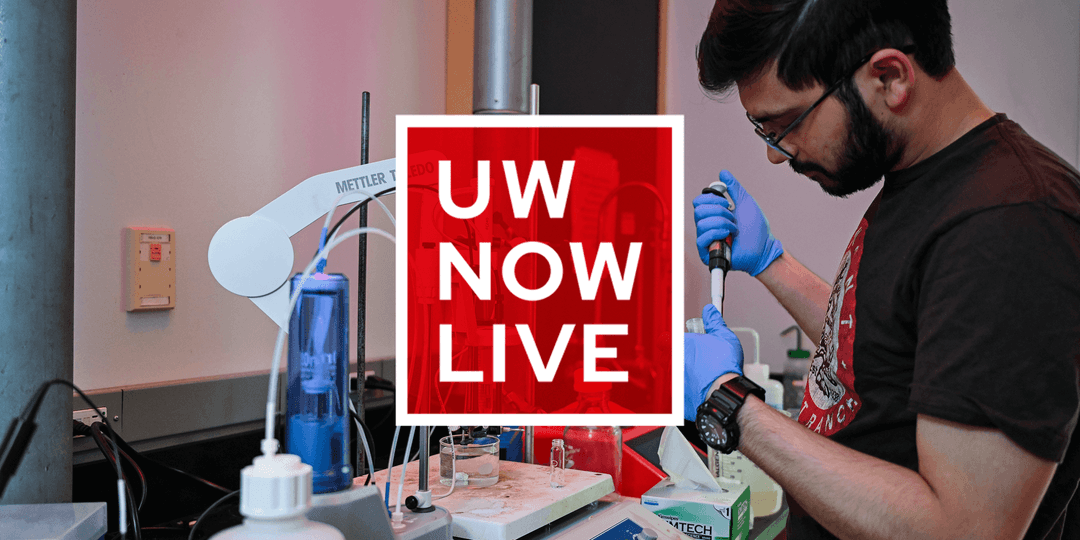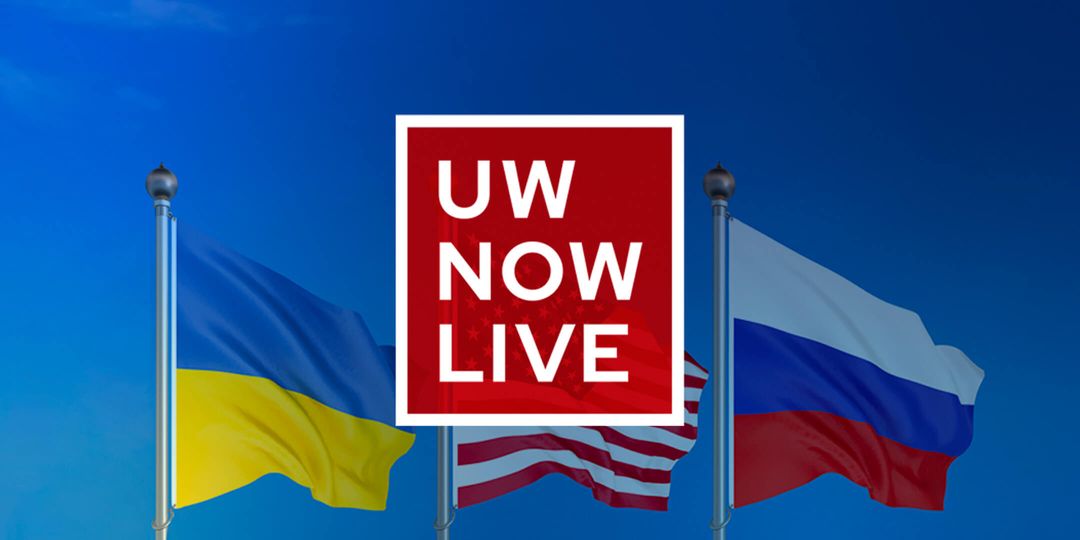Over the course of 2023, a series of polls have delivered sobering news for people who work at colleges and universities. Gallup, Pew, and the Chronicle of Higher Education all report that Americans have less confidence in higher education than they had just a few years ago. “Americans’ Confidence in Higher Education Down Sharply,” wrote Gallup, while Forbes described confidence as “sinking to a new low,” and Inside Higher Ed described the national mood as hitting “a historic low.”
The feeling of the popular press was that Americans are ready to give up on colleges and universities. And yet researchers Ken Goldstein and Charles Franklin, both experts on polling and public opinion, think the case is far more nuanced. Goldstein and Franklin are both former members of the UW–Madison faculty, and both appeared on The UW Now Livestream on November 28.
The fall in confidence, Goldstein suspects, is partly driven by the way that pollsters ask their questions. About Pew’s survey, he noted, respondents were asked about “the higher education system or even higher education. I remember when I saw the results at the time, I thought, ‘That’s sort of an odd formulation.’ If I was at my kid’s football practice or if I was at the dog park, or if I was on an airplane and somebody asked me what I did, I’m in the higher education business sector. It sounds sterile at best, perhaps a little scary at worst.”
Goldstein presented data that dug deeper into people’s feelings about not only higher education in the abstract, but also research universities in general and UW–Madison as a specific institution. He found that some people had genuine concerns — especially about rising costs — but that most people had positive feelings about universities.
“Pew asked its higher education system question, and they show opinion underwater by 15 percentage points,” he said. “I asked about ‘America’s leading research universities,’ and it was plus 40. … People want their kids to get jobs and they want them to be educated and they want them to have good careers and they want that done in an affordable way.”
Franklin, who has served as the director of the nationally renowned Marquette Law School Poll since its founding in 2012, noted that political affiliation often drives perception of a university, especially when a poll’s respondents have little current connection with that school. Even those who have a college degree only spend a few years on campus, so they don’t think much about the value or importance of higher ed. “Over recent years, universities have become a target of political complaint,” he said. “When we ask people to generalize about institutions that are distant from them, we kind of invite stereotypic views.”
The UW Now Livestream offers insights from UW experts on important topics. Mike Knetter, CEO of the Wisconsin Foundation and Alumni Association, serves as host, moderating as viewers send in questions. Franklin and Goldstein spoke for about an hour, sifting through data and explaining that the position universities hold is far less dire than this year’s headlines suggest. Goldstein noted that, when asked if universities are valuable, a large majority of people agree that they are.
“You can be annoyed with universities for a whole variety of reasons, and you don’t have to love every single part of a university,” he said. “But at the end of the day, don’t you think the country is better off because of America’s leading research universities? And the answer is unambiguously yes that they do.”




